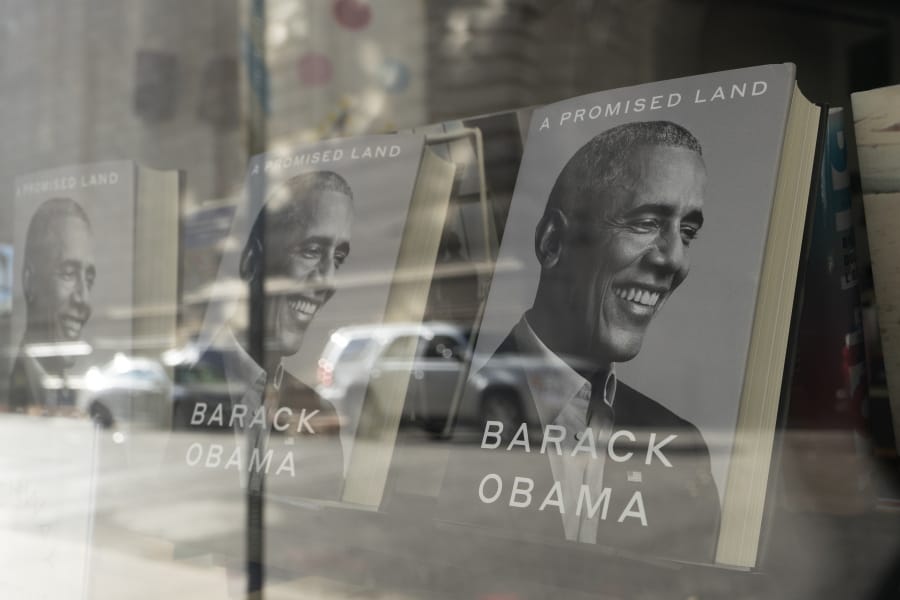CHICAGO — In the early 1930s, Ralph Newman was walking through the Near North Side when he noticed a bookstore going out of business. He had left Northwestern University after a semester to play minor league baseball in the Southwest — only to be injured and leave baseball. He was in his 20s when he returned to Chicago. He was hunting for new opportunities when he decided he would sell books. He got a loan and bought out the stock of the closing store. One of his regulars became poet Carl Sandburg, then working on a four-volume biography of Abraham Lincoln’s Civil War years. They became close friends, and Sandburg suggested Newman specialize in Lincoln books.
Which sounds like a narrow niche.
And yet books about United States presidents — biographies, autobiographies, tell-alls, takedowns, hagiographies, conspiracies — have been among the most durable literary genres since the presidency of George Washington. Barack Obama’s latest memoir, “A Promised Land,” was released Nov. 17, and its hefty three-million first printing alone speaks to that enduring appeal.
Newman made a shrewd bet.
By the time he died in 1998, he himself was a renowned Lincoln scholar, and his business, the Abraham Lincoln Book Shop, founded in 1938, was one of Chicago’s oldest bookstores. It was also a magnet for politicians, historians, artists — George Saunders, Dan Walker, Tony Kushner, Doris Kearns Goodwin, David Axelrod, Lyndon Johnson. It hosted both a going-away party for Illinois Sen. Paul Simon and a welcome-home party for Illinois Gov. Otto Kerner when he was released from federal prison. In fact, nine decades and 12 different locations later, the Abraham Lincoln Book Shop is still here, now occupying 3,000 square feet on the ground floor of a condo complex, beside the Chicago River, off Halsted. It’s quiet, looks partly like a design studio, partly like a reading room. New books constitute less of its stock now than antiquarian editions; a note at its door lists the hours as “By appointment or by chance.”
But its focus remains books about presidents.
“I don’t think this country ever stopped wondering what leadership looks like, and how those leaders have informed us,” said owner Daniel Weinberg, who bought the store from Newman in 1984. “The best books on presidents often are the best ways to understand the country.”



